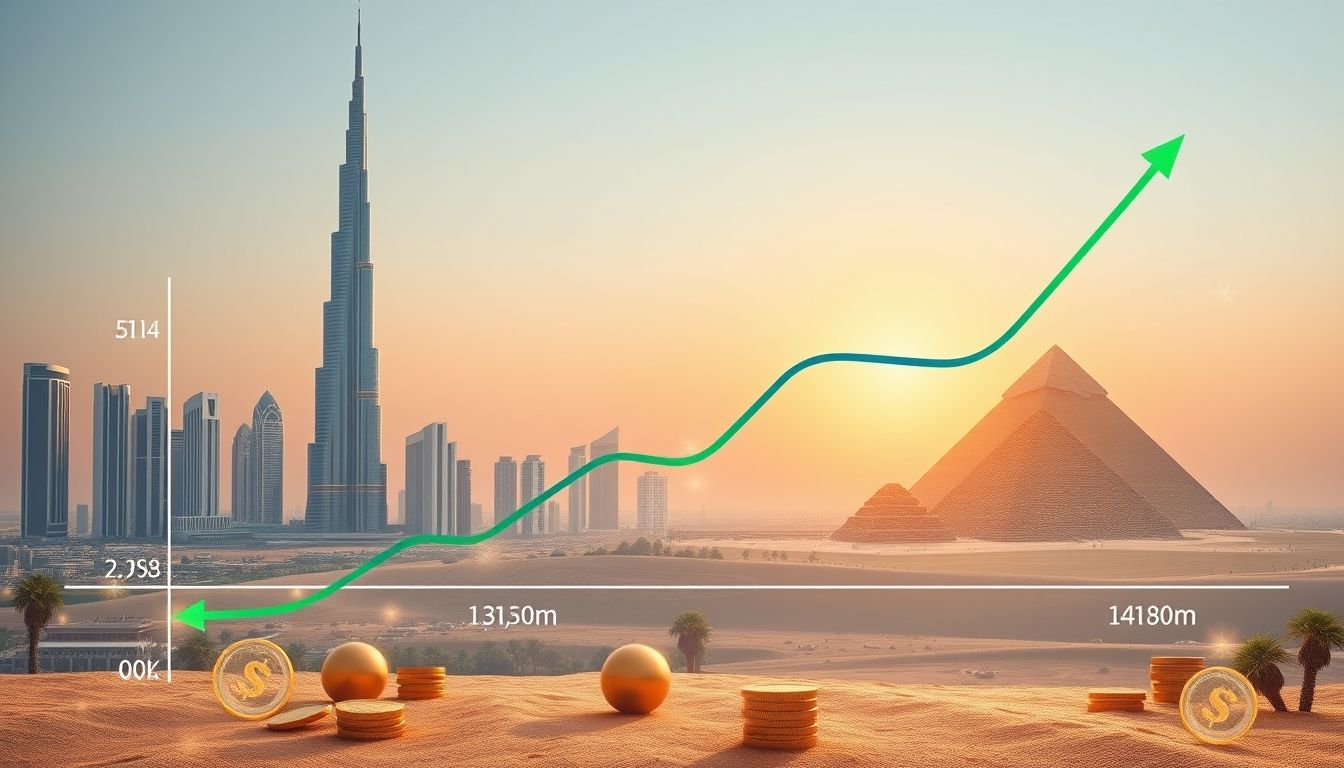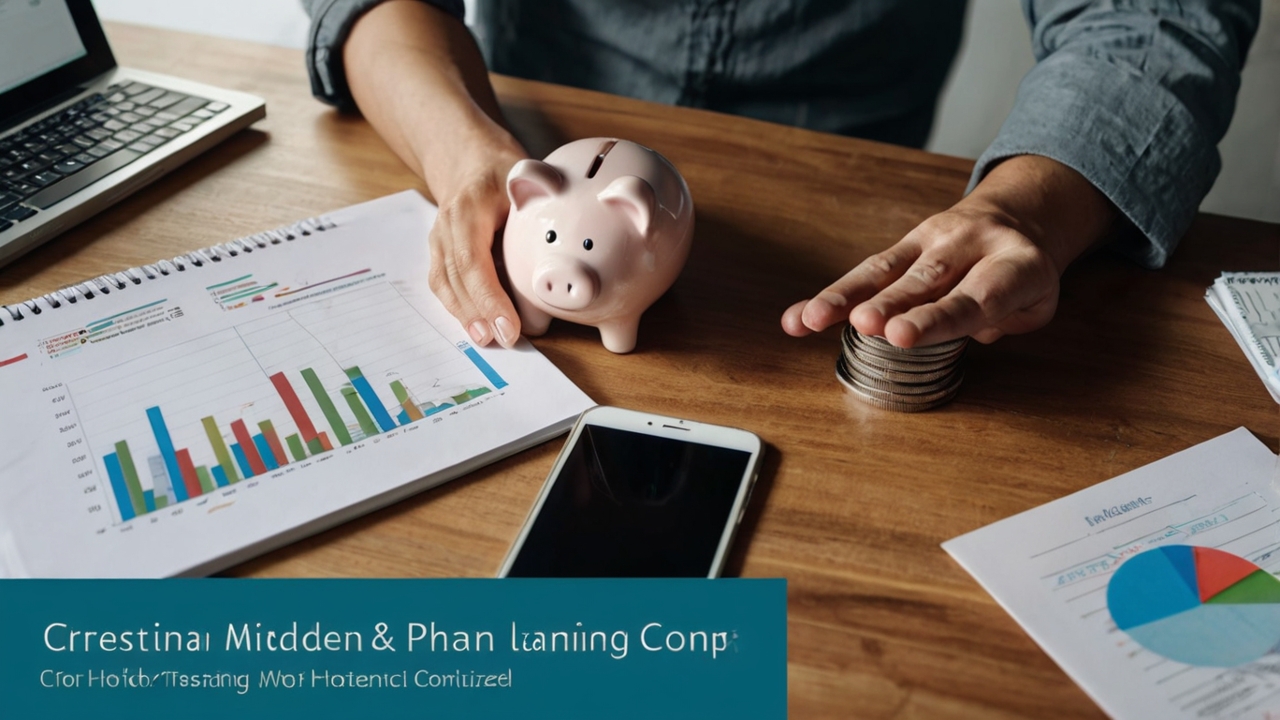Introduction: Why Choose a High-Yield Savings Account?
In today's world, where economic conditions are constantly changing, finding smart ways to grow your money is essential. High-yield savings accounts offer an attractive solution for individuals seeking to increase their savings safely and effectively. These accounts, which offer significantly higher interest rates than traditional savings accounts, help overcome inflation and achieve real capital growth.
Chapter 1: What are High-Yield Savings Accounts?
A High-Yield Savings Account (HYSA) is a type of savings account that offers a higher-than-average interest rate compared to regular savings accounts offered by traditional banks. The goal of these accounts is to attract more customers and encourage them to save by offering meaningful returns.
Features of High-Yield Savings Accounts:
- Competitive Interest Rates: Often much higher than traditional savings accounts.
- Easy Access to Funds: Although the goal is to save, you can withdraw funds when needed.
- Security: Most high-yield savings accounts are insured by government deposit insurance institutions (such as the Saudi Arabian Monetary Authority in Saudi Arabia), providing protection for your funds up to a certain amount.
Chapter 2: Benefits of High-Yield Savings Accounts
The benefits of high-yield savings accounts go beyond just earning higher interest. Here are some key advantages:
- Overcoming Inflation: Higher interest helps maintain the purchasing power of your money.
- Achieving Financial Goals: Helps you achieve your savings goals faster, whether it's buying a house, a car, or retirement.
- Building an Emergency Fund: A safe and profitable place to store emergency funds.
- Diversifying Investments: A safe addition to your investment portfolio.
Chapter 3: Comparison of Arab Banks Offering High-Yield Savings Accounts
Many banks in the Arab world offer high-yield savings accounts. Here is a comparison between some of these banks, focusing on interest rates and conditions:
| Bank | Account Name | Approximate Annual Interest Rate | Minimum Balance | Notes |
|---|---|---|---|---|
| Riyad Bank (Saudi Arabia) | Premium Savings Account | 2.5% | 5,000 SAR | Offers additional benefits for premium account holders. |
| Emirates NBD (UAE) | Smart Savings Account | 2.0% | 10,000 AED | Offers increasing returns with higher balances. |
| National Bank of Egypt (Egypt) | Monthly Return Savings Account | 1.75% | 20,000 EGP | Fixed monthly return. |
| Qatar National Bank (Qatar) | Premium Savings Account | 2.25% | 15,000 QAR | Offers prizes and periodic draws. |
Note: These figures are approximate and may vary depending on the bank's terms and policies. Please check the latest information directly from the banks concerned.
Chapter 4: Factors to Consider When Choosing a High-Yield Savings Account
When choosing a high-yield savings account, there are several factors to consider:
- Interest Rate: Compare the interest rates offered by different banks.
- Fees: Check for any fees, such as monthly maintenance fees or withdrawal fees.
- Minimum Balance: Make sure you can meet the minimum balance required to avoid fees.
- Ease of Access to Funds: Check how easy it is to access your funds when needed.
- Bank Reputation: Choose a bank with a good reputation and reliability.
Chapter 5: Tips for Maximizing Your Earnings from High-Yield Savings Accounts
To get the most out of a high-yield savings account, follow these tips:
- Compare Offers: Don't settle for the first offer you find. Compare several banks to find the best interest rate.
- Increase Your Balance Regularly: The higher your balance, the more interest you will earn.
- Avoid Frequent Withdrawals: Frequent withdrawals may affect the interest you earn.
- Take Advantage of Promotional Offers: Some banks offer special promotional offers for high-yield savings accounts.
Chapter 6: Potential Risks of High-Yield Savings Accounts
Although high-yield savings accounts are considered safe, there are some potential risks that you should be aware of:
- Inflation: If the interest rate is lower than the inflation rate, the value of your money will erode over time.
- Changing Interest Rates: Interest rates may change at any time, which may affect the return you earn.
- Hidden Fees: Some banks may charge hidden fees that may reduce your profits.
Chapter 7: High-Yield Savings Accounts vs. Other Investment Types
It is important to compare high-yield savings accounts with other types of investments to assess whether they are the best option for you. For example:
- Stocks: Stocks offer the potential for higher returns, but they are also riskier.
- Bonds: Bonds are less risky than stocks, but they also offer lower returns.
- Real Estate: Real estate can be a profitable investment, but it requires significant capital and management effort.
High-yield savings accounts are a good option for individuals looking for a safe, low-risk investment.
Chapter 8: How to Open a High-Yield Savings Account?
Opening a high-yield savings account is usually simple. You can do this online or at a bank branch. You will need to provide some documents, such as:
- Proof of Identity: Passport or ID card.
- Proof of Address: Utility bill or bank statement.
- Tax Identification Number (if required).
After submitting the documents, you will need to deposit an amount of money to open the account.
Chapter 9: The Future of High-Yield Savings Accounts in the Arab World
With increasing financial awareness and the search for safe ways to grow money, demand for high-yield savings accounts in the Arab world is expected to increase. We may also see more innovations in this area, such as offering more personalized savings products and integration with digital banking services.
Chapter 10: Conclusion
High-yield savings accounts are a valuable tool for growing your savings and achieving your financial goals. By comparing offers and choosing the account that's right for you, you can make the most of your money and secure your financial future.
Disclaimer: This article is for informational purposes only and does not constitute financial advice. Please consult a qualified financial advisor before making any investment decisions.




